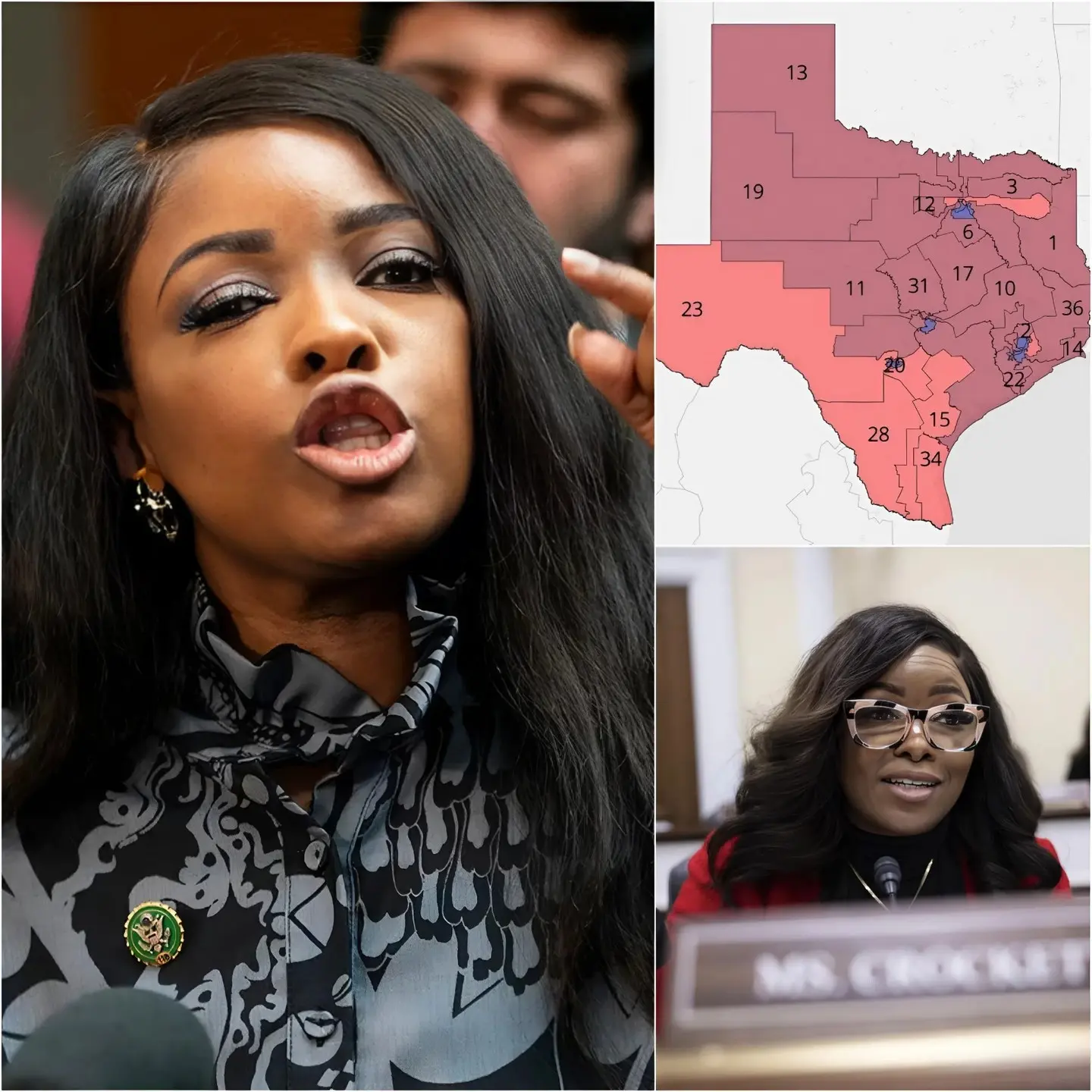In a seismic shift for American politics, the Texas Legislature has finalized a controversial congressional redistricting map on November 14, 2025, reshaping the state’s 38 U.S. House districts ahead of the 2026 midterms. The plan, signed into law by Governor Greg Abbott, strategically bolsters Republican strongholds while diluting Democratic influence in key urban areas.

Republicans hail the map as a necessary adjustment to reflect population growth since the 2020 census. It creates five new districts where former President Donald Trump would have won by double digits in 2024, effectively flipping five Democratic-held seats into GOP territory. This could expand the Republican majority in Texas’s delegation from 25-13 to 30-8.
The targeted districts span Dallas, Houston, Austin, and South Texas, where Democratic incumbents like Reps. Henry Cuellar, Vicente Gonzalez, Greg Casar, Al Green, and Julie Johnson face steep challenges. By packing more Democratic voters into ultra-blue urban enclaves, the map disperses progressive strength across competitive suburbs ripe for conservative gains.
At the epicenter of the uproar is Democratic firebrand Rep. Jasmine Crockett, whose Dallas-based 30th District undergoes drastic reconfiguration. The new boundaries exclude her residence, thrusting her into the neighboring 33rd District and forcing a potential relocation or primary battle for reelection. Critics decry this as a deliberate ouster of a vocal Trump critic.
Crockett, known for her sharp rebukes during congressional hearings, responded defiantly on social media late Friday. “They can redraw lines, but they can’t redraw the will of the people,” she posted, vowing to fight on in whatever district claims her. Her team hints at a possible Senate bid against incumbent John Cornyn, polling strongly in early Democratic primaries.
The redistricting saga traces back to June 2025, when Texas Republicans invoked mid-decade adjustments following a federal court ruling on Voting Rights Act compliance. Democrats walked out of sessions twice to deny quorum, prompting special legislative calls and even arrest warrants for absent members. Despite the drama, the GOP muscled through with slim majorities.

Legal experts anticipate swift challenges from voting rights groups like the ACLU and League of United Latin American Citizens. The map’s alterations to majority-minority districts, including Crockett’s Black-majority 30th, raise fears of racial gerrymandering violations under Section 2 of the Voting Rights Act. A federal lawsuit was filed hours after Abbott’s signature.
Houston’s 18th and 9th Districts, long bastions of Black and Hispanic representation, see their lines twisted to favor Republicans. The 18th, held by Rep. Sheila Jackson Lee before her passing, now incorporates whiter, wealthier suburbs, slashing Democratic margins from 76% to under 60% in presidential vote shares.
In Austin, Rep. Greg Casar’s 35th District—originally drawn to empower Latino voters—fragments into a GOP-leaning San Antonio seat. This could spark a bruising primary between Casar and veteran Rep. Lloyd Doggett, consolidating liberal votes into fewer safe havens and exposing flanks to conservative incursions.
South Texas feels the sting too, with border districts of Cuellar and Gonzalez engineered for modest Republican tilts. Trump’s 2024 performance jumps from 53% to 55% in both, enough to turn razor-thin races into GOP pickups amid rising anti-immigration sentiment post-election.
Democratic leaders nationwide condemned the move as “election theft in plain sight.” House Minority Leader Hakeem Jeffries called it a “cynical power grab” echoing the 2003 Texas redistricting wars that netted four GOP seats. Senate Majority Leader Chuck Schumer pledged federal intervention if courts stall implementation.
Governor Abbott defended the map as “fair and constitutional,” emphasizing Texas’s explosive growth demands updated boundaries. “We’re ensuring every voice counts, especially those in booming rural and suburban communities,” he stated during a Dallas press conference. Polls show mixed public reaction, with 52% of Texans viewing it as partisan overreach.
The timing amplifies stakes for 2026, where control of the U.S. House hangs by a thread. With Republicans holding a slim 220-215 edge post-2024, these five Texas flips could fortify their grip, thwarting Democratic dreams of a blue wave. National GOP strategists eye similar plays in North Carolina and Florida.

Yet resilience defines Crockett’s story. Elected in 2022 on a platform of racial justice and economic equity, she amassed 85% in her 2024 reelection. Even displaced, her star power could dominate the redrawn 33rd, a +40 Democratic lean district blending Dallas suburbs with Fort Worth edges.
Voting rights advocates urge immediate injunctions, citing precedents like the 2013 Supreme Court gutting of preclearance requirements. MALDEF, the Mexican American Legal Defense Fund, mobilizes Hispanic voters, arguing the map dilutes their influence in defiance of decades of protections.
As ink dries on the legislation, Dallas buzzes with protests outside Crockett’s district office. Chants of “No gerrymander, no surrender” echo, drawing allies from Black Lives Matter and labor unions. Crockett joined briefly, microphone in hand: “This isn’t the end—it’s a call to arms.”
Broader implications ripple to California’s counter-redistricting, where Democrats eye reciprocal maps to claw back seats. Prop 50’s passage in the Golden State signals a tit-for-tat escalation, potentially redrawing national battle lines before 2026 ballots hit streets.
For Texas Democrats, the map underscores existential threats in a ruby-red state tilting deeper crimson. With Trump allies like Abbott and Lt. Gov. Dan Patrick at the helm, progressives pivot to grassroots mobilization and ballot initiatives banning partisan maps.
In Crockett’s words, shared in a fiery CNN interview Saturday morning: “They think they can erase me with a pen. But Dallas built me, and Dallas will rebuild whatever they break.” Her unyielding spirit encapsulates the fight ahead, as redistricting’s fallout reshapes democracy’s fault lines.






